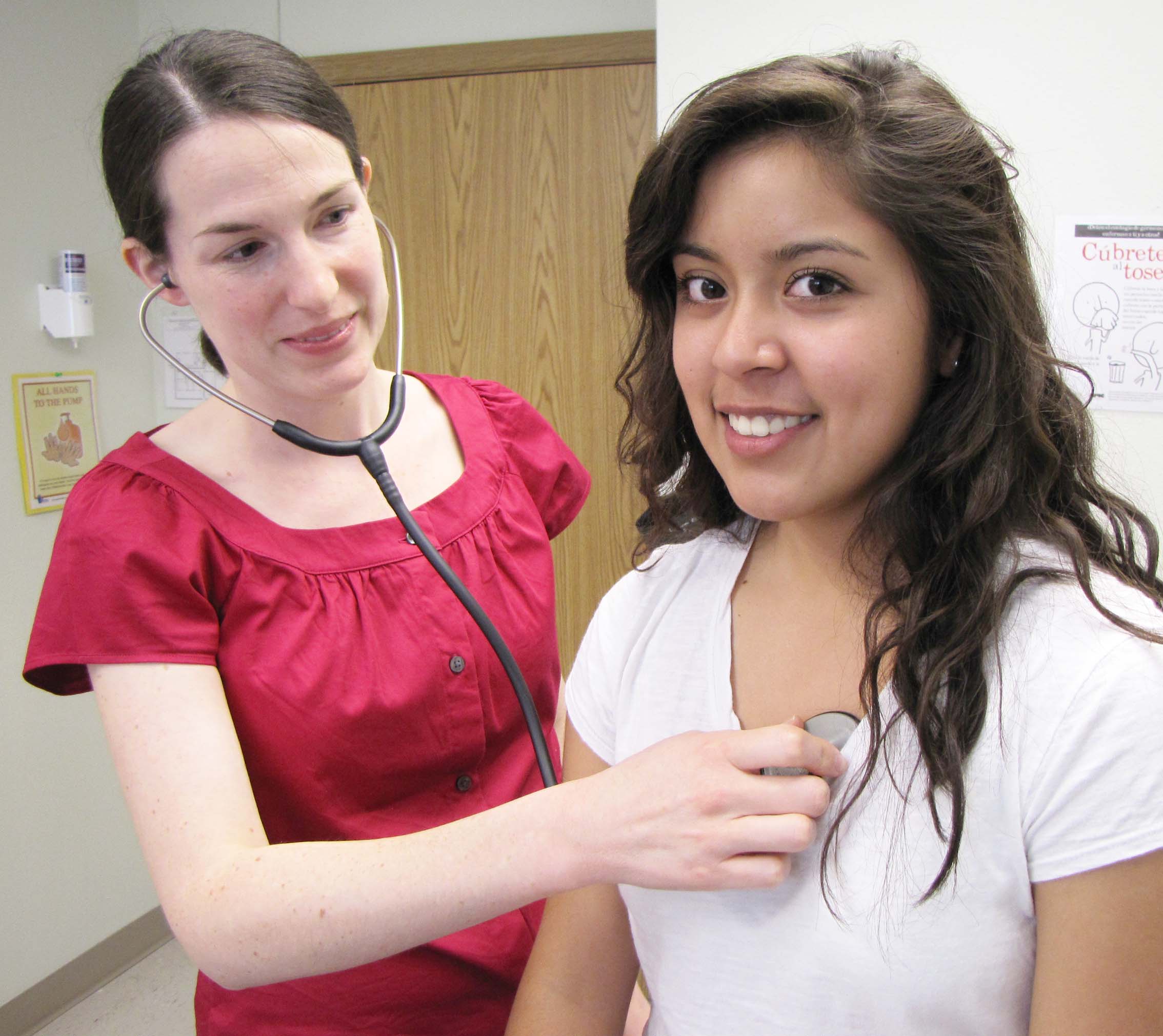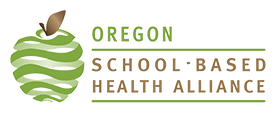27 October 2015 By Rafael Otto
 SBHCs offer crucial mental health services to underserved children
SBHCs offer crucial mental health services to underserved childrenA recent article from Infectious Diseases in Children explores recent data from the Adverse Childhood Experience Study, SBHCs are identified as crucial student-focused access points for care that are "uniquely positioned to identify and mitigate the symptoms of adverse childhood events, in an effort to improve future quality of life for this vulnerable population."
Gina Silva, MSW, CSWA, a mental health therapist at Merlo High School SBHC, in Beaverton, Oregon, describes SBHCs as providing access to mental health and counseling services in friendly and familiar environments, services that can provide dialogue about certain substance abuse behaviors. Silva says, "The children have access to a medical provider to discuss things that may seem unimportant in a bigger sense, but are significant when you see them happening every other day. In certain situations, it is crucial to diagnose and catch issues before they get worse.”
Getting to an A+ School-to-Health Connection for America's Children
In a recent Huffington Post article, Wendy Lazarus of The Children's Partnership highlights SBHCs as an effective tool in improving health and education outcomes: "The connection between good health and education has long been clear for educators and making children's health a part of education isn't new. A throbbing toothache, poor eyesight, or lack of hearing can make it impossible for a child to learn. That's why tried and true programs, like school-based health centers, have been bringing health care to schools for over 40 years."
Lazarus cites a study from the Journal of Adolescent Health that indicates "SBHC use is significantly associated with increases in attendance rates and GPA over time for a specific cohort of users, and that these effects are moderated by types of services used. These results support the theory that SBHC use indirectly impacts academic performance through improving health and emotional well-being."
Research supports the need for school nurses and school-based health centers
A recent article on American Federation of Teachers website recognizes that school nurses and school-based health centers serve different roles with shared goals. Terri Wright, director of the Center for School, Health and Education and the Center for Public Health Policy at the American Public Health Association, says that schools need a school nurse and a school-based health center-particularly in communities with high degrees of poverty and underresourced schools and communities. "It takes school-based health centers and school nurses to make a difference. Together, they are at the intersection of health and education."
Promoting Health Equity Through Education Programs and Policies
The Community Preventive Services Task Force recommends the implementation and maintenance of school-based health centers (SBHCs) in low-income communities, based on sufficient evidence of effectiveness in improving educational and health outcomes. Improved educational outcomes include school performance, grade promotion, and high school completion. Improved health outcomes include the delivery of vaccinations and other recommended preventive services, asthma morbidity, emergency department and hospital admissions, contraceptive use among females, prenatal care and birth weight, and other health risk behaviors.
Mental Health Services in School-Based Health Centers
A new review in the Journal of School Nursing examines the role of SBHCs in providing mental health services. From the article: "Nurses, nurse practitioners, and mental health care providers in SBHCs provide services to underserved children and adolescents, and this review indicates that there is evidence that those who are in most need of mental health services were most likely to use these services."

